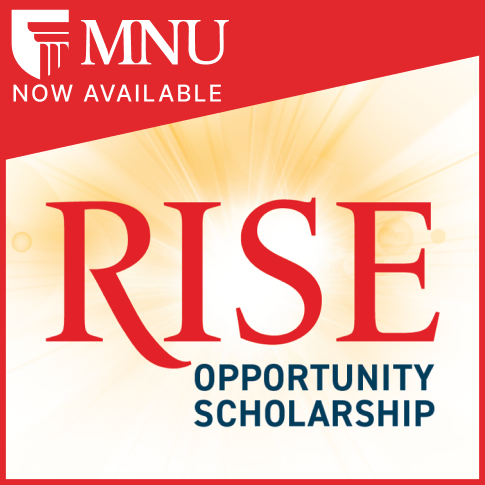GRADUATE PROGRAMS
MSN/MBA Dual Degree
Contacts for
more information
Admissions Counselors
Courses
MSN Courses
Prepares graduates with the knowledge necessary to assume leadership roles in the management of human, fiscal, and physical health care resources. The organization of health care delivery systems and the resulting impacts are evaluated from historical, political, ethical, and economic viewpoints. Healthcare reimbursement and potential changes in payment structures are explored. The procedures and processes for policy development at the national through facility level are analyzed. The students are challenged to explore their personal value systems and to analyze how these values shape their professional practices.
Identifies and explores the influence of biologic, environmental and societal factors on health and wellness of individuals, families and communities. Emphasizes the study of personal and community-based interventions and strategies to influence the goal of health promotion and disease prevention. Considers the use of theory, research, resources, social policies and regulatory requirements as avenues to promote health from a personal, community and global perspective. Included in this course is the role of spirituality as a component of health promotion and holistic nursing practice. Students are introduced to practical applications and tools for spiritual formation, while exploring the idea of professional nursing as ministry through vocation. The student is encouraged to appreciate a multi-faceted workforce in health care organization and delivery to stimulate positive societal and global outcomes. Related issues associated with the rapidly expanding aging population, human diversity, cultural sensitivity and global awareness are also included.
Examines philosophical foundations and knowledge development in nursing. Explores knowledge from the sciences, humanities, and nursing and its application to advanced nursing practice. Critically analyzes theories, concepts, and research related to the promotion, protection, and restoration of health across the lifespan. Presents the components of research design, methodology, and statistical analysis. Investigates the interaction of theory and research, and its impact nursing practice, education, and leadership.
Emphasizes the necessity of research as the basis of scholarly nursing inquiry which produces evidence-based practice. Compares qualitative and quantitative research methodology from the perspectives of purpose, design, method and analysis, focusing on quantitative design. Discusses informed consent and ethical issues related to research. Prepares students to evaluate research design, scientific merit, findings, and potential application to practice. Since an expectation of scholarship is to disseminate knowledge, the student will demonstrate the ability to effectively communicate the evaluation of research findings for the development of evidence-based practice.
Integrates knowledge, skills and specialty expertise gained throughout the MSN course of study to culminate in a theoretical application experience designed to further advance the graduate’s role and skill set. Students are prepared to assess needs for practice change, critically appraise existing evidence, and develop a plan for implementation and evaluation of evidence-based practice interventions. Emphasis is on the understanding and value of evidence-based practice, effective communication, and the demonstration of the research-related skills necessary to enter the specialty area. This course is completed during the student’s final module of the MSN matriculation.
Integrates the knowledge, skills, and specialty expertise gained throughout the MSN course of study in a cumulative practice experience designed to further advance the graduate’s role and skill set at the Master’s level. Working in collaboration with a Faculty Adviser and Preceptor, students formulate individualized learning objectives, engaging in applying theory to better understand a specialization role within the context of an organization. Emphasis is on the implementation of evidence-based practice, effective communication, and the demonstration of the skills necessary to enter the specialty practice field. The practicum includes a minimum of 90 hours that are reflected in a cumulative journal.
Provides an overview of healthcare informatics and its current use by both public and private healthcare agencies. Teaches students to navigate and enter data into complex healthcare databases using the principles of database management including the ability to conduct population studies through the use of databases. Explores the interpretation and evaluation of quality indicators within databases to maximize reimbursement in a variety of settings.
Integrates the concepts of outcomes management and research as the basis to improve the quality and effectiveness of health care organizations. Program evaluation, performance improvement, and other methods of measuring outcomes are examined for their utility within the health care setting. Systematic approaches for analyzing and evaluating processes of care delivery and their impact on client populations, organizational processes, and communities are considered. National quality data bases and national benchmarking is explored. Accreditation and/or regulatory requirements will be presented. Through readings, projects, and various interactions students develop an informed basis for leading quality improvement efforts in various healthcare settings.
MBA Courses
This course will examine ethical theories as they relate to various contemporary issues in business. Conceptual models for improving the clarity and consistency of ethical judgment in business settings will be addressed. Special consideration will be given to the application of Christian ethical principles to decision making.
